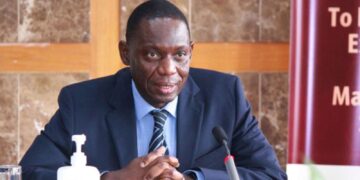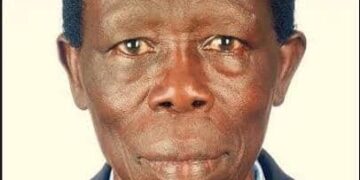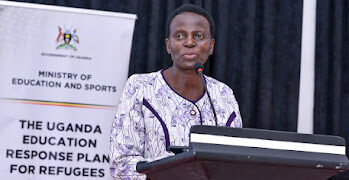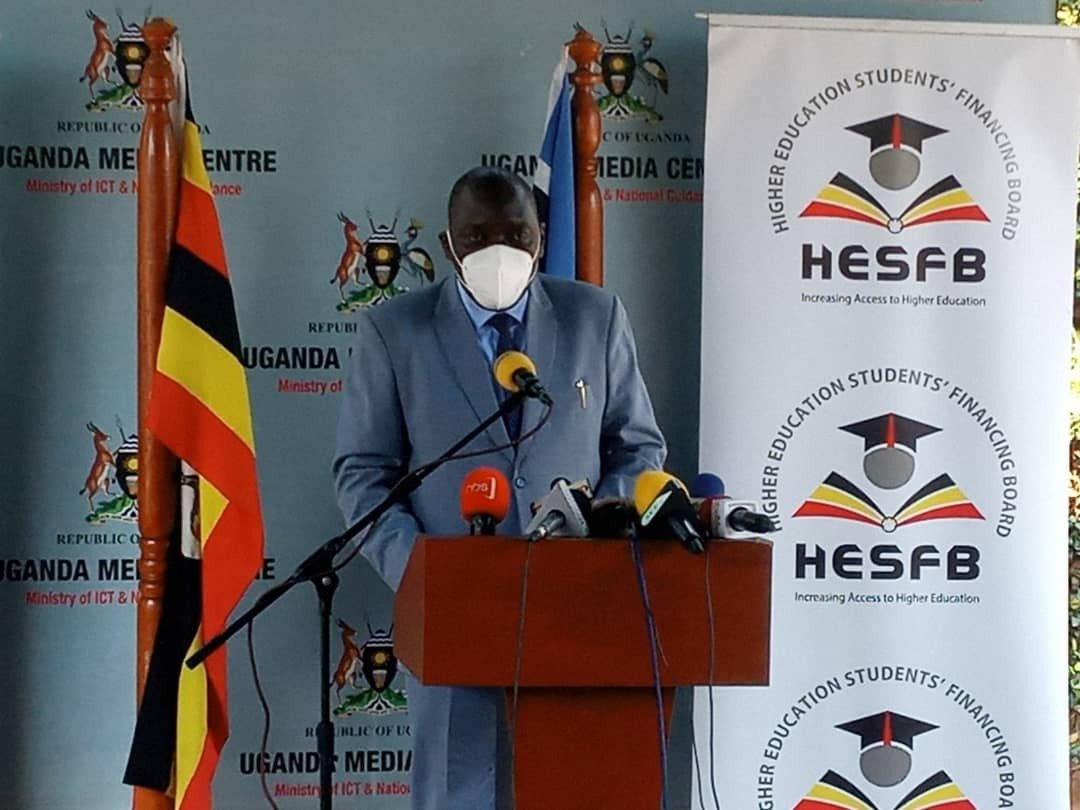By Gyagenda Semakula Zikusooka
0794-701616 has been my cherished Africell number since November 2013. Today, I bid fare-the-well to it! I will have some mild hurly-burlies of reconnecting with my WhatsApp contacts but this will be for a short while.
Africell Telecom just like South African giant companies; Game Stores and Shoprite among others decided to bow out of this market, a thing that raised a debate about Uganda’s weak and feeble economy. As a matter of fact, these giants are not just exiting the small Ugandan market but some greater part of the African market. Game Stores for example, has closed all their five stores in Nigeria, four in Ghana, three in Kenya, one in Uganda, and one in Tanzania. These economies are all struggling!
I am not an economist by any standards and will not address myself to the intricacies of strong and frail economies. I will only give my blatant opinion to the exit of my once cherished network, Africell Uganda Telecom, to which I have been a loyal client since the days of Orange S.A formerly France Telecom SA. I have held onto my loyalty with this network since November 2013; a whopping 8 years. The decision by Africell to exit to me was not any surprise; it was just a matter of time.
In May 2014, the formerly France Telecom SA that had just rebranded in 2006 to Orange SA, signed an agreement with Africell Telecom for the sale of its stake in Orange Uganda just after a few years. This was shortly on the heels of Airtel acquiring Warid Telecom. Orange was thought to be exiting from several markets in Africa where it did not hold a number one or two spot in the market. This was their cardinal strategy in the African market. They also exited elsewhere in Africa for the same reasons.
At acquisition from Orange Uganda _(an already struggling brand),_ the group’s Chief Operations Officer then, Mr. Arwadi Elias, promised that “the acquisition of Orange made “perfect” sense given that Uganda marked right all the boxes in its journey to expand and blossom.” Truthfully glaring, at the time of acquisition of Orange in 2014, Africell inherited an already loss-making company, whose losses had accrued to Shs771b. This needed a more resolute, astute and professional human resource to resuscitate it and turn tables around. Before long, the new brand offloaded the seemingly professional Orange staffs, (majority of whom just threw in towels), and substituted them with mediocre ‘experts’ from Lebanon.
A one Lebanese youthful Mohammad, the head of marketing who had never in his life and career travelled to any country outside Lebanon was shipped into the country for this task. Uganda was his first station abroad and even without any experience at that level, he was posted as head of marketing. It was such a good posting for him to earn hefty. This imprudent strategy to bring on board novices disguised as professionals from Lebanon to understudy their Ugandan experts and replace them lessened the work spirit and motivation of the local human resource. This was preceded by an unprecedented exodus of homegrown employees taking up available opportunities with other competitor brands. None of their indigenous employees had ever gotten any promotions; both in title and emoluments. They did not wait to fail with my Africell!
Insider stories are also told of another fairly young Lebanese who headed the struggling Africell money department but miserably failed it. The company found solace in a Kenyan expert who also did not wait to be sacked or humiliated by unprofessional managers at the helm of the brand and dropped the position after a short stint and returned to Kenya. Their mockery of ‘experts’ from Lebanon constituted a youthful 75% of the company’s top brass. At acquisition, they also inherited over 600 sites and in an instant, closed over 300, another strategic failure!
Orange had tried to break even as the best internet service provider and had struggled to curve out their niche as that of internet data and not voice calls or mobile money. Who doesn’t remember KCCA employees from ED Semakula Musisi to the lowest ranks using a 079 code for majorly internet? This was the first strategic indication of a failing brand that thought it would exclusively supply data and failed to invest in a revenue stream of mobile money, which continues to oil the operations of giant networks, MTN and Airtel.
I was registered on mobile money just like other customers. On two occasions at the Oasis mall branch, I was told to go to the head office on Clement Hill and wondered why this service could not be shared with a branch at an arm’s length. One of their customers JK, moved from his home in Mpererwe to the headquarters just to transact. He couldn’t find a single outlet for this service. Surprisingly, none of Africell’s employees (both on contract and volunteer staff) had registered for this service! They of course knew what the customers did not know?
These foreign ‘experts’ must have enjoyed life to the fullest in Uganda. They lived so immoderately in Kampala’s most expensive apartments, with both medical and leisure allowances catered for. It is ironical that only foreigners got allowances at Africell. Uganda’s economy is indeed struggling especially after being brought to its knees by the Covid-19 pandemic however; Africell is not really exiting the market because of a weak economy. Soon or later, they would still exit because of an unprofessional management and system.
They inherited a loss-making company and their lavish spending on themselves made a bad situation worse. Africell did not register any amiable profits since acquiring Orange. There was no Covid-19 in 2014 and the subsequent years when their accumulated losses grew further hitting Shs1.5 trillion by 2019. According to my investigations, this company never had any annual meetings, monthly staff meetings and not even departmental meetings. The only meeting on record was recently when the boss had to communicate that they are winding up business. Field promotions in the countryside were manned and determined by these young foreigners who knew nothing about the Ugandan market. Why wouldn’t they crumble?!
There was a time when their data traffic sporadically shot up in northern Uganda and this wasn’t in sync with the revenues they collected. Some shrewd native staff seized the opportunity to defraud the company that was run on a rogue mantra. Through their flawed test drive lines, the company lost over Shs600m. An insider staff that whistle blew this scam to top management was just given a pat at the back. What seemed like an opportunity for a promotion or at least a one-time token of appreciation was thrown into the trash can. They did not recover these millions though.
Orange had a contract with a security company to move cash in transit for their mobile money and they had done well. Africell altered this and preferred an individual for a security firm. It is reported that this individual fleeced about Shs6m weekly for these collections. None of the top managers had capacity to detect this fraud. Recently in 2018, when government banned all airtime scratch cards, Africell announced an understanding with MTN that would enable us customers to buy airtime and data through MTN mobile money. Another stinker and strategic blunder!
Africell started exiting Uganda a year ago. They have been surviving on a life-support in the central, north and eastern parts of the country. This was more of a show to put up appearance as they prepared for such a time as this to finally fizzle out.
I will officially sign out my 0794-701616 as I bid you a fare-the-well from Uganda. You couldn’t survive the competition in a fast moving and competitive small market without professionalism, without business ethics, without a strategy and managed on guesses. Exiting was the only available option left for you.
I doubt how you will survive in the Gambia and Sierra Leone whose combined population is just 22% of Uganda’s population.
Fare-The-Well Africell: Not Because of a Weak Economy!
The writer is a Senior Journalist working with Uganda Broadcasting Corporation -UBC.








































